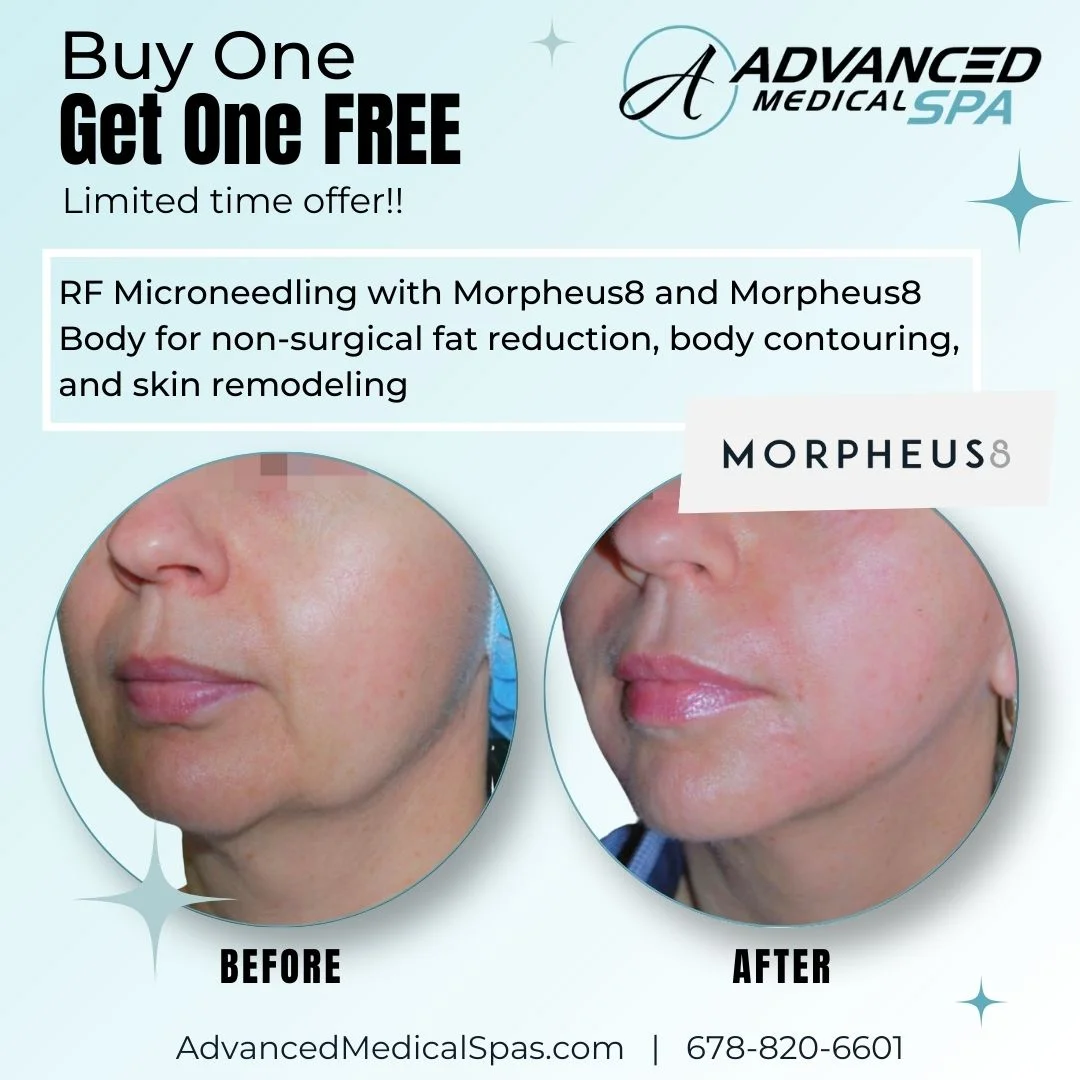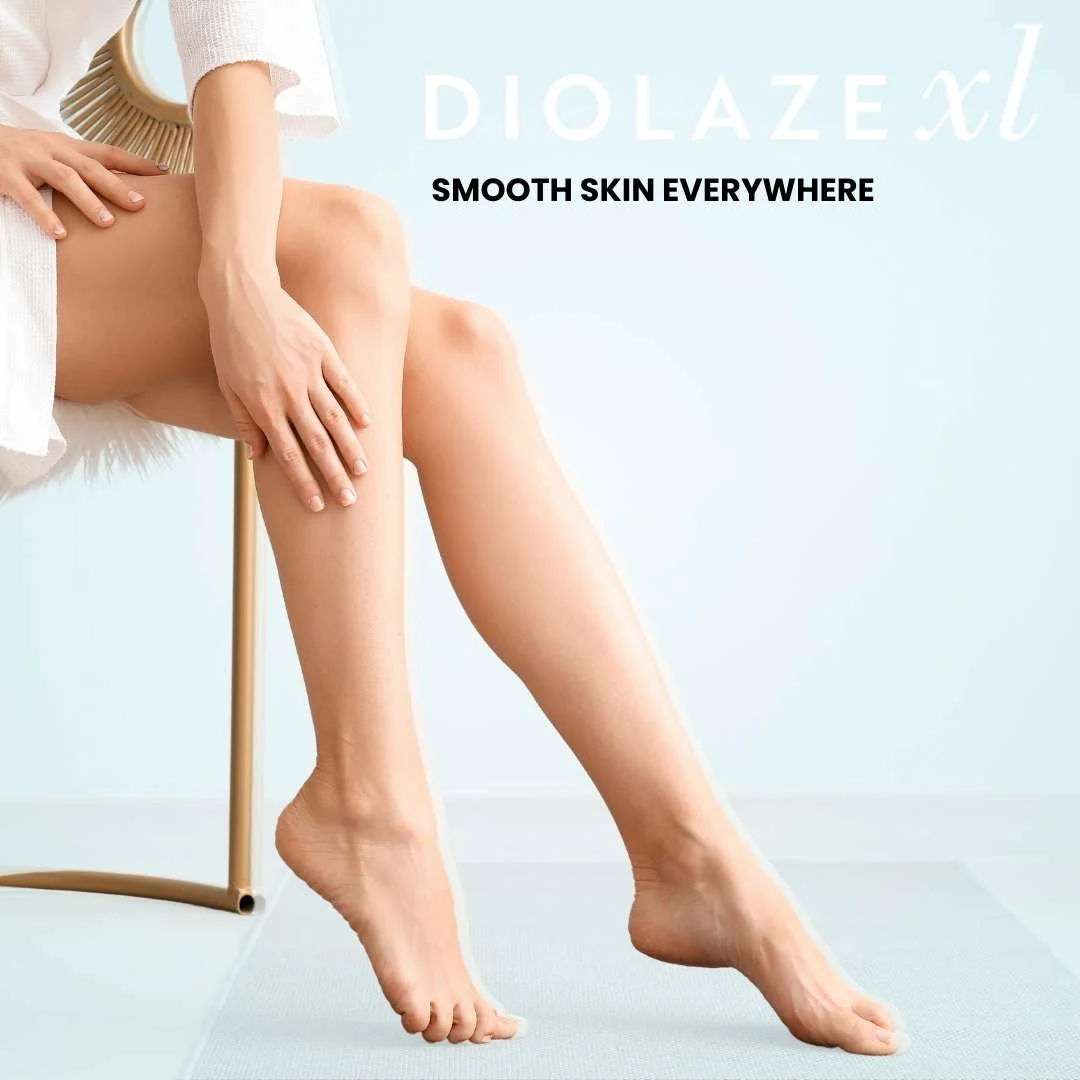Menopause is one of those words that makes you cringe, isn’t it? Nobody wants to talk about the aging process or the symptoms that come along with it. Yet, unfortunately, we must. Some menopause symptoms can be debilitating, such as depression and anxiety. Those symptoms are often treated with various medications that only mask the symptoms and can cause a host of other problems.
That’s why we believe it is best to talk about the symptoms, run clinical tests, and get to the root of those problems, which are often hormonal imbalances caused by menopause.
What Are The Symptoms Of Menopause?
Leading up to menopause (perimenopause), you may start to experience early signs and symptoms, including:
- Mood swings and hot flashes
- Anxiousness
- Night Sweats
- Difficulty Sleeping
- Vaginal Dryness or painful intercourse
- Thinning Hair and dry skin
- Irregular or absent Periods
- Chronic Fatigue
- Abnormal Weight Gain
All of the above, in addition to the changes in menstruation, can vary in different women. As you reach full-blown menopause, those symptoms may become worse. While the symptoms are bad enough, menopause also puts you at risk for decreased bone density (osteoporosis), elevated blood sugar, and thyroid disease.
What Causes Menopause?
We all know menopause comes with age, but let’s dive deeper into what causes it. Our reproductive hormones (estrogen and progesterone) begin to decline as we age. The decline typically starts in our thirties and progresses the older we get.
Surgical removal of the ovaries will also cause menopause to begin immediately because the ovaries are part of the endocrine system where most estrogen and progesterone are produced. Chemotherapy and radiation treatments can also cause the onset of menopause.
At What Age Do Women Experience Menopause?
Menopause typically occurs between the ages of 40 and 58, with an average age of around 51 years of age. Most women will notice physical changes to start several years before their final menstrual period, during a transition phase called perimenopause, which can last for 4 to 8 years.
How Does Menopause Cause Weight Gain?
A decrease in estrogen during menopause is a huge contributor to weight gain. Estrogen promotes muscle mass, which affects metabolism. Metabolism is the process by which our bodies use energy. With less estrogen, there is less muscle mass, which can lead to a slower metabolism during perimenopause and after menopause. With a slower metabolism, your body requires fewer calories to maintain its current weight. Also, decreased levels of estrogen can cause the body to store more fat in the abdominal area, leading to the development of a “menopause belly.” Along with the decline in muscle mass, this can result in higher levels of body fat and a heavier appearance, even without changes in weight.
Can Menopause Cause Hair Loss?
Unfortunately, yes. During or after menopause, many women may experience concerns with their hair, which can be a source of deep worry as it plays a key role in self-identity. The combination of the change in hormones and aging can cause hair loss. Often the rate of hair loss will slow down the further into menopause a woman gets.
What Effects Does Menopause Have on the Skin?
Studies show that women’s skin loses about 30% of its collagen during the first five years of menopause. This loss of collagen causes the skin to lose its elasticity and begin to sag. In addition, menopausal skin may also feel more dry and even bruise more easily due to the decrease in estrogen.
How Long Does Menopause Last?
The transition into menopause typically lasts around 7 years. However, it can sometimes last up to 14 years. The duration of menopause can be influenced by various lifestyle factors such as smoking habits, the age at which it begins, as well as race and ethnicity.
How Does Menopause Vary With Ethnicity?
Studies suggest that the timing of the onset of menopause may be influenced by race and ethnicity. For example, research shows that Black women experience the start of menopausal transition 8.5 months earlier on average than white women. This trend is also observed in other groups. Hispanic and Native Hawaiian women tend to start the transition at an earlier age compared to non-Hispanic white women. Conversely, Japanese Americans may begin the transition at a later age.
Can Diet and Exercise Help With Menopause Symptoms?
During or approaching menopause, over 80% of women experience unpleasant symptoms like hot flashes, mood swings, irritability, and insomnia. However, making healthy nutrition and fitness choices can help alleviate these symptoms. To maintain a healthy heart, strong bones, and sharp brain, you should focus on consuming foods that promote these benefits. It is also recommended to limit the intake of foods that can trigger symptoms. Whole foods such as fruits, vegetables, and whole grains are highly recommended for this purpose.
It is crucial to maintain an active lifestyle during menopause as bone density tends to decrease during this phase and makes you more vulnerable to fractures. Exercise can help counteract this bone density loss while also improving your mood, reducing anxiety, and enhancing sleep. Weight-bearing exercises can help keep your bones strong.
What Treatments Are Available?
The most effective option for treating symptoms is hormone replacement therapy, which replaces the estrogen and progesterone your body has stopped making. This treatment doesn’t just mask your symptoms but helps alleviate them. In turn, hormone replacement can help decrease your risk of bone density loss (osteoporosis) and bone fractures.
What Is The Best Type of Hormone Replacement Therapy?
We recommend BioTe, a subcutaneous hormone pellet. A small pellet is inserted just below the skin that releases the necessary hormones or a combination of hormones to treat the symptoms of menopause and other hormone imbalances.
Why Is BioTe The Best Hormone Replacement Therapy?
BioTe has set the “gold standard” in the hormone replacement method using pellets. Hormone replacement therapy through pellet implantation has been successfully used in the United States, Europe, and Australia since 1938. It has been proven to be more effective than other hormone delivery methods, such as pills, creams, gels, and synthetic injections. BioTe Hormone pellets are made up of natural plant-based hormones and can last up to 6 months. This longevity allows for a more stable and balanced delivery of hormones to patients.
Do Men Have Hormone Imbalance?
Yes, males can experience an imbalance of hormones, but in most cases, it is not comparable to that of menopause in women. In cases where lifestyle or psychological problems do not seem to be responsible, the symptoms of “male menopause” may be the result of hypogonadism, where the testes produce few or no hormones. Hypogonadism is a rare occurrence and not a typical sign of normal aging. In addition, as men age, their testosterone levels decrease. This usually begins around the age of 40.
How Can We Help You With Menopause Symptoms?
Your hormones are unique to you, and your treatment should be, too. Therefore, at Advanced Medical Spa, we take a personalized approach with each patient to determine their needs and goals. One of our highly trained, friendly providers will work with you based on your lab results, symptoms, and overall goals to create your personalized plan. Frequently, our patients are prescribed BioTe Hormone Replacement Therapy and are seeing fantastic results.
Schedule your consultation right away, and we will help you overcome menopause symptoms and feel like your best self again.










